Decoupling the Internet – Taking Sides or Chances?

On 14 December 2020, Germany’s Federal Foreign Office will be hosting the second “Future Affairs” conference in Berlin, a joint production with re:publica and with the support of the non-profit think tank Stiftung Neue Verantwortung. This year’s international event is focusing on the topic “Decoupling the Internet – Taking Sides or Chances?” It will be taking place in a virtual format, broadcast live and freely accessible for the first time on www.future-affairs.de, YouTube, Twitter and Facebook.
The Future Affairs forum addresses the latest future trends impacting foreign policy and security policy. After its successful premiere in May 2019, the event series is being continued in December 2020. Along with questions of national sovereignty and stability, this year’s forum will also be focusing on the topics of data security and cybersecurity, the fragmentation of the internet, and the geopolitical power that technological leadership brings.
Germany’s Federal Foreign Minister Heiko Maas will be opening the one-day conference in Berlin. In moderated panel discussions and digital roundtables, distinguished speakers from around the world will be presenting new approaches and future scenarios, exchanging views on trends in digitisation, and developing ideas for shaping the policies of tomorrow in a transdisciplinary dialogue with the online community.
Programme
The opening panel will focus on the rising competition among nations for technological superiority. A potential de-coupling and fragmentation into techno-spheres will have far reaching consequences on our societies, economic systems and the global game of power. The discussion on "Decoupling the Internet — Taking Sides or Chances?" will concentrate on the following questions: Can the EU in a polarized global set-up offer a ‘third option’ based on shared democratic values and human rights? Where can Europe be a partner for the world in digitisation?
The panel "Building Resilience in Cybersecurity" will focus on the progress Latin America and the Caribbean and Europe have made in countering global cybersecurity threats by bolstering cybersecurity resilience. Resilience policies provide a solid base for other cybersecurity policy instruments, like national cybersecurity strategies, certifications, minimum standards and transparency requirements and global dialogues on technical standards and norms for responsible state behavior. This panel unites cybersecurity resilience experts from both regions to analyze policies and instruments already in place and also explore ways forward for interregional resilience cooperation, which can range from risk assessment to adaptation, education, information-sharing, and coordination.
The panel on "Data Protection and Digital Rights" will discuss the considerable developments to establish and strengthen digital and data protection rights in Latin America and the Caribbean and Europe. Both regions undertake efforts aimed at giving their citizens more power to decide how and for what purpose data is collected online, and how governments can give their citizens actionable digital rights. However, both regions also face considerable challenges in achieving these objectives, driven for example by resource-poor enforcement, industry opposition and conflicts of interest by governments hesitant to limit their own authority. This panel will shed light on major challenges as well as on the options to overcome them, including potential learnings to be shared between the regions.
The event will be held in English with simultaneous translation into German and Spanish.

